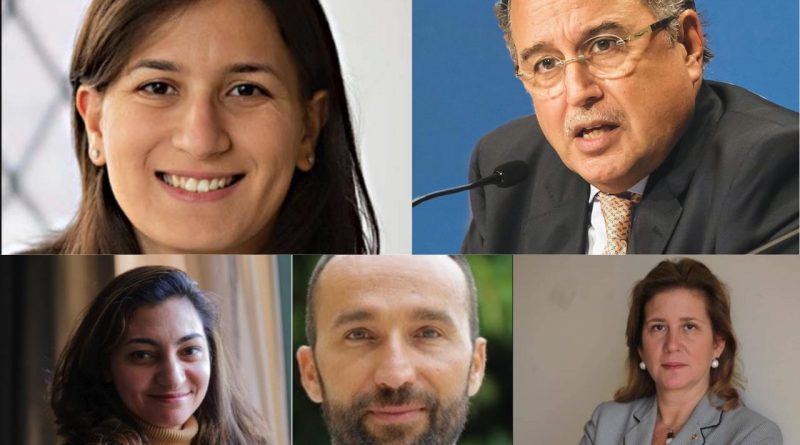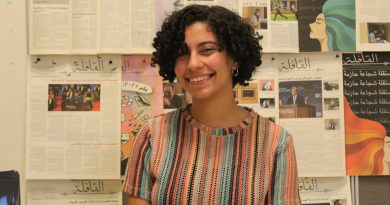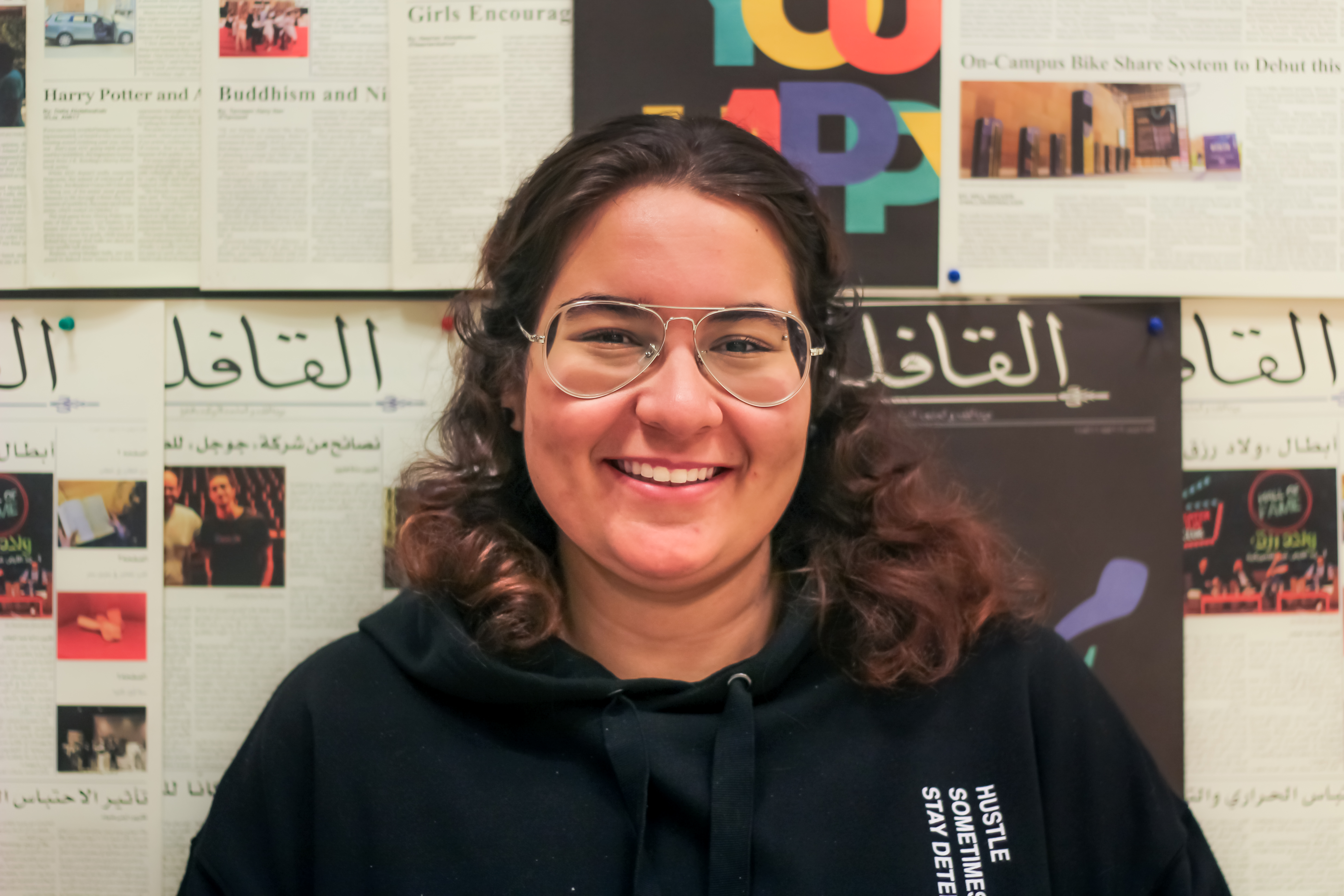Navigating Politics in the Age of Social Media
By: Abdelaziz Abouelkhair
@AzizKheir
As social media’s role in political debate continues to become more contentious, new considerations are being made to help minimize it’s potentially detrimental effects.
In the 92nd GAPP Tahrir Dialogue webinar held last week, panelist Gabriele Cosentino, author of Social Media and the Post-Truth World Order, began by discussing the origins of political polarization and linking it to broadcasting and the birth of the internet.
“Political polarization has come into the forefront of public and academic discussion after the 2016 elections in the United States. However, it is not a new phenomenon,” said Cosentino.
Tracing the origins of political polarization to the 1980’s, Cosentino discussed the removal of the Federal Communications Commission (FCC) fairness doctrine, which dictated that the media must discuss issues of public interest in an honest and fair way.
According to Cosentino, the removal of the fairness doctrine caused a shift in the approach toward broadcasting from serving public interest to maximizing revenue.
This meant that the main aim of broadcasting media was to grow the biggest audiences in order to attract advertisers.
As broadcast media shifted from serving public interest to focusing on competing for audiences, the public started to fragment into smaller demographics with specific tastes.
This fragmentation of audiences served as the precursor to political polarization as it started to breed differences between audiences as they were profiled according to their interests and subjected to content that tells them what they want to hear.
This polarization increased even more with the introduction of the internet as it provided a free space for anyone to share their political opinions with the world and rally for more political causes.
“The internet was the first medium to be born highly under-regulated and what we are experiencing today are the consequences of this foundation,” said Cosentino.
Panelist Hedayat Heikal, lecturer on Law and Climenko Fellow at Harvard Law School, also believes that the internet is highly under-regulated as evidenced by the spread of hate speech and disinformation.
“Social media companies have been responding to mounting pressure by anxious governments and the public to moderate the content that is being posted on their platform,” said Heikal.
Nevertheless, this type of moderation has faced some pushback by users who believe that it violates their right to freedom of speech.
“These efforts will not lead to the emergence of a new mainstream because hate speech will migrate to different forums,” said Heikal.
To prove her point, Heikal shared the case regarding Parler, a microblogging social network, and Amazon Web Services, the web hosting site Parler was on.
Parler plays host to many far right extremists, conspiracy theorists and antisemetic content, which led to their web hosting privileges being revoked by Amazon Web Services. The case was then taken to the US Federal Court.
The US Federal Court denied the motion to reinstate Parler, yet this did not mean the end for the platform which moved to using the web hosting services of SkySilk, a web hosting company based out of Los Angeles.
This situation shows that legislators are still discovering how to tread the line between regulating social media and preserving the right to free speech.
“It is a situation where technology has emerged and is maturing far more rapidly than the timescale of ordinary lawmaking and legislative bodies,” said Heikal.
The issue of internet governance is not only in the hands of lawmakers who can only pass laws that work under their jurisdiction. It is also not the fault of social media companies who can moderate content up to an extent that doesn’t compromise their business model.
According to panelist Rasha Abdulla, professor at AUC’s Department of Journalism and Mass Communication, regulating the internet is a multi-stakeholder issue that involves governments, social media providers and the users themselves.
During her time as a member of the Internet Governance Forum organized by the United Nations, Abdulla learned that in order to regulate the internet, users, governments and social media platforms need to come together against the issues of fake news and hate speech.
“The sooner we acknowledge the fact that no single entity can regulate the internet on its own, the better for all of us,” said Abdulla.




